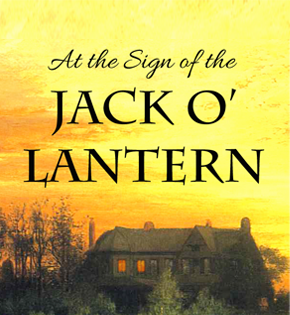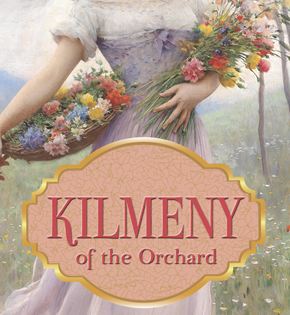Rose O’ The River by Kate Douglas Wiggin was published in 1905. In the novel, the characters Stephen and Rose were fortunate enough to have had the opportunity for higher education, but due to family and financial circumstances, both ended up back home without finishing their studies. This was a common scenario in the early 1900s. With fewer job opportunities in the rural areas of America, such as Maine, many men ended up in laboring for the logging and ship-building industries. Only a few were fortunate enough to attend school, and many who did never got the chance to graduate.
 |
| Gorham Normal School, Maine, 1905 (Now the University of Southern Maine) |
“From 1894 to 1915, the goals of Progressive reformers influenced education in the United States, since education was seen as a way to teach children the proper values needed to be a productive American citizen.” ~ American Work, American Leisure Collection, Library of Congress
Wealthy children attended private academies--boys separate from girls--with just a few students in each grade. Students were taught subjects such as reading, spelling, history, arithmetic, geography, and penmanship, with opportunities to explore other areas such as manners, dancing, and foreign languages. They were also more likely to attend high school and later college for a more extensive education in hopes of acquiring a white collar job.
The lower classes attended free public schools, boys and girls were together, and the student-teacher ratio was much larger. And this was for the who were allowed to go to school. Many poorer families needed their children home to help with the work, and the more children they had the more work they could be hired out for, bringing home more income. Many children didn’t finish eighth grade before they were sent to work in factories or coal mines, or on the family farm. A few went on to finish high school and even fewer went to college.
 |
| Vocational School, Buffalo, NY, 1910 |
I think about today’s educational system: its successes, its failures. I think about how I’m struggling with whether to send my children to public school, to private school, or to home-school them. I want them to have the best education possible and come out of it all with a multitude of job opportunities, social experience, and a wealth of knowledge. I think about mothers a hundred years ago having to keep their children home to work on the farm so they could have enough help with milking the cows, gathering the eggs and planting the seeds. I know it was a way of life but I can’t help but wonder how many mothers wished they had the means and opportunities to provide more for their children. Did they really worry about what the future held for their under-educated children or was it so much the norm that it never really crossed their minds? I should consider myself lucky that I have the choices I do.
POSTED BY: Claire Cole
Rose O' the River by Kate Douglas Wiggin
Professionally edited and formatted for today's readers!
Get the Legacy Vintage Collection Enhanced eBook Edition for $0.99!





























